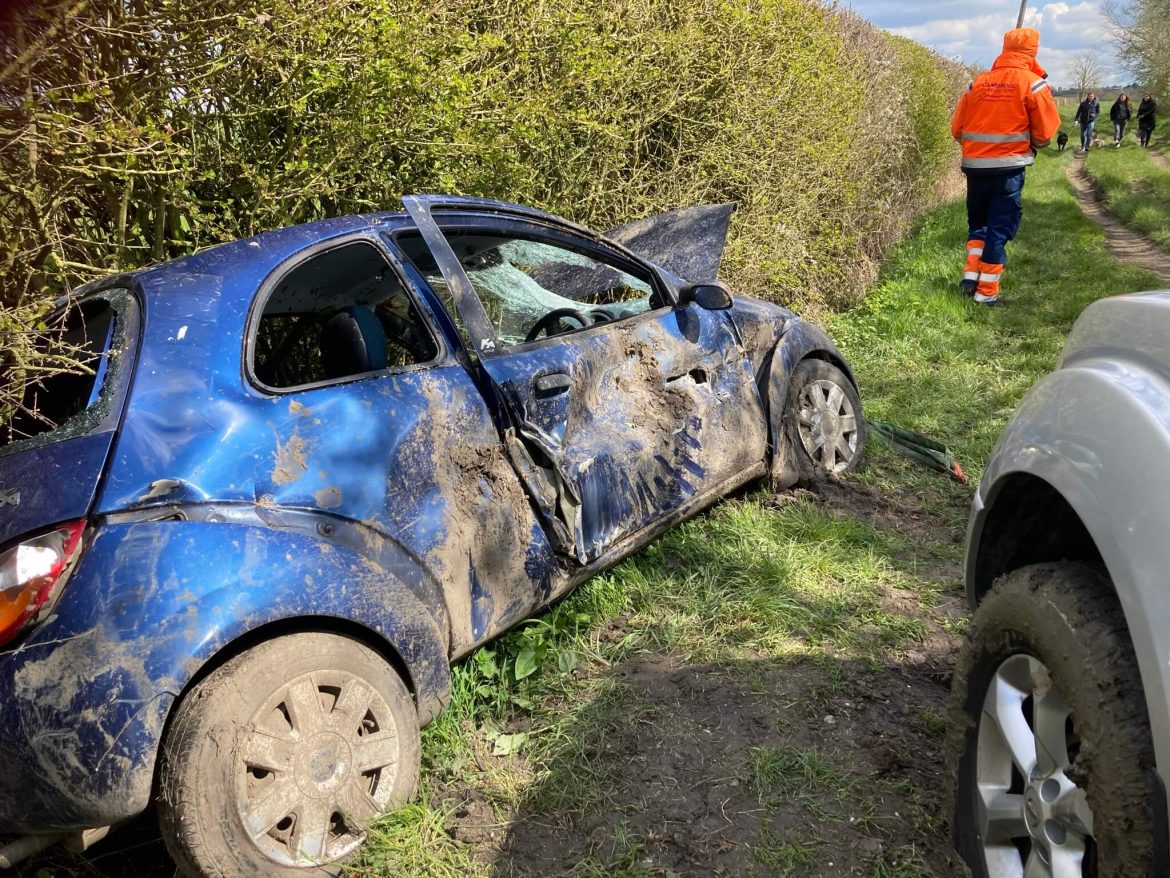

How Much Is My Car Worth After an Accident?
Nobody plans for the unexpected, yet accidents still occur. When assessing the value of your vehicle after being involved in an accident, key factors can help determine its worth and compensation due to you and those impacted by the incident. This blog provides guidance for this important process, so let’s dive in and find out just how much your car could be worth post-accident.
Assessing Damage
The nature and extent of an accident will have an enormous effect on the vehicle’s value. If it only affected minor aspects such as bodywork or paintwork, repairs could be undertaken without needing a full valuation; in contrast, major engine or mechanical damages might render your vehicle a write-off and necessitate an appraisal and compensation from insurance providers.
Pre-Accident Value
Before conducting any appraisal of the car’s value, it’s essential to find out its pre-accident value. One approach for establishing this pre-accident value would be to research similar models by make and year as well as looking into additional factors like mileage, condition and add-ons.
Write-Off or Repair Debts?
Once an accident has taken place, you must determine whether the damage can be repaired, or has been declared a write-off. You can do this by either consulting an independent inspector or your insurance provider. A write-off vehicle can often cost more to repair than purchasing one of a similar make and model. Furthermore, written-off cars typically have limited value and often need substantial repairs in order to be considered roadworthy again.
Examine Your Options
At this stage, it is essential that you evaluate all available options. If the vehicle can be repaired and brought back onto the road quickly, that would be best. Otherwise, if it has been declared a total loss, parts-selling or trading it in could be options worth exploring. If you decide to repair it yourself, then factoring the costs associated with repairs into its overall value may also help.
- Write-Off Thresholds – When your car sustains damage, the severity is divided into either Category A, B, C, D, N or S damage categories. If repair costs exceed your write-off thresholds, your vehicle could be classified as a total loss and no longer have road tax or registration.
- Repairable Vehicle – If your vehicle is considered repairable after an accident, then the costs and parts associated with repairs should be reviewed along with an evaluation by your insurer. They may consider additional factors like devaluation and how the car’s history could alter its value.
Final Assessment
Once you have determined the pre-accident value and determined whether your car can be repaired or written off, as well as any associated costs, you can conduct a final assessment. This should include all repairs necessary to bring it back up to snuff. Remember to also include the depreciation due to its accident history. These figures will assist with decision-making on whether to repair or replace your car, as well as negotiations with insurance providers.
After being involved in an accident, it’s crucial that you feel secure when making an assessment of the value of your vehicle. By understanding key components and conducting research into similar models, you will be in an advantageous position if you need to calculate compensation payments for yourself and others affected.
If you’ve been involved in an accident and need your vehicle recovering, give the team at Cambridge Car Solutions a call.







